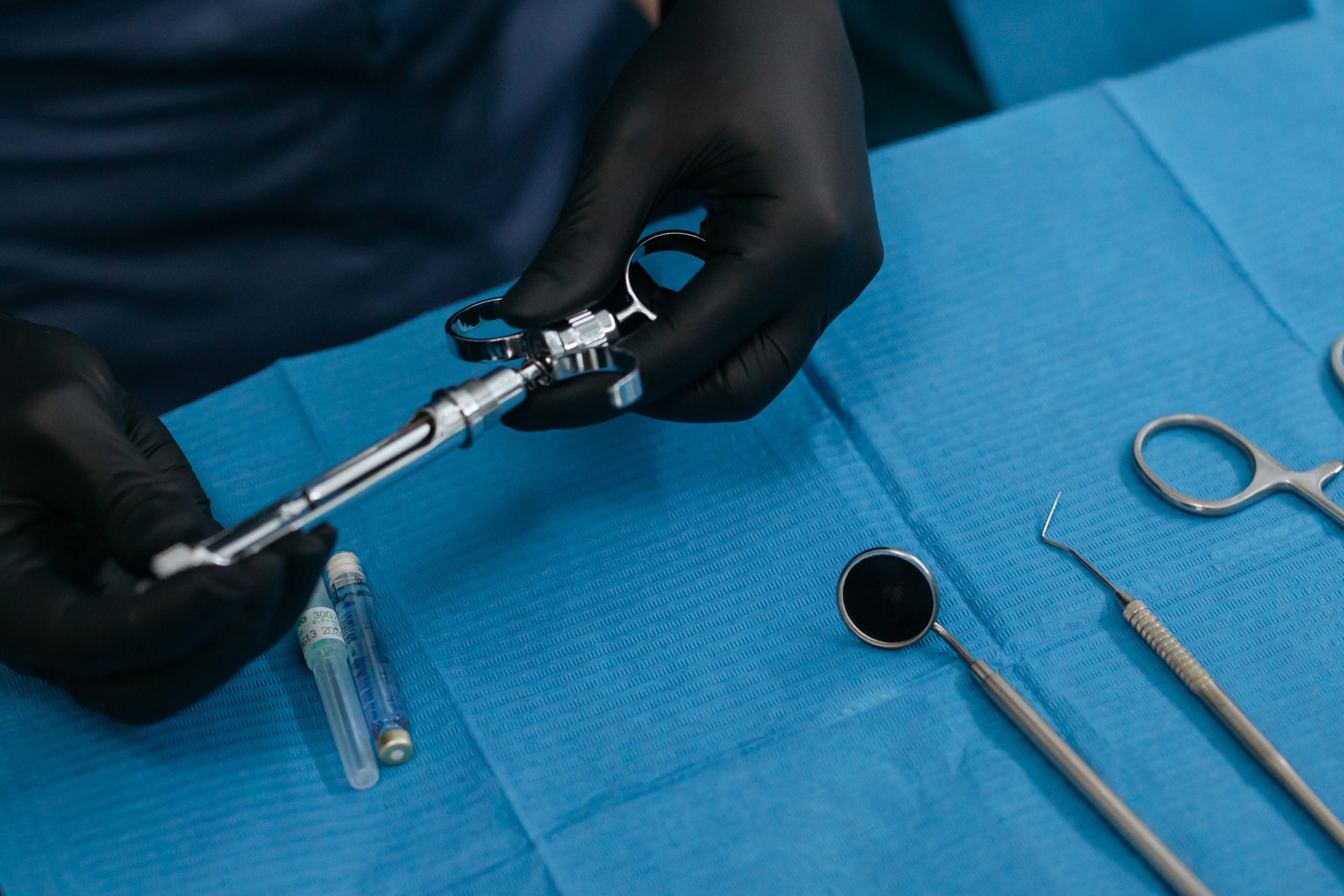
Free Consultation(203) 447-0000

Free Consultation(203) 447-0000

Anesthesia is an important medical treatment for preventing patients from feeling pain during surgery, tissue sample removal, and dental procedures. Both anesthesiologists and certified registered nurse anesthetists (CRNAs) can provide anesthesia safely and expertly. According to the National Institutes of Health, although general anesthetics are typically very safe, they can pose risks for some patients, such as the elderly or people with chronic illnesses like diabetes.
Some of the more common injuries that occur during anesthesia include:
According to the American Society of Anesthesiologists (ASA), general anesthesia may have minor and temporary side effects like nausea, vomiting, chills, and confusion for a few days. Nevertheless, the ASA further explains that rare and more serious risks include postoperative delirium or cognitive dysfunction, malignant hyperthermia, and breathing problems during and after surgery.
Unfortunately, many injuries sustained during anesthesia are due to human error. A 2019 study examining the American Association of Nurse Anesthetists Foundation closed claims database revealed that 50.2% of the total anesthesia closed claims were preventable by actions of the involved CRNA. The study found that there were three consistent themes associated with these claims:
The ASA has determined that the following conditions may increase risks associated with anesthesia:
If you or a loved one have experienced an anesthesia injury, you should reach out to an attorney right away. Contact the experienced attorneys at Berkowitz and Hanna, LLC if you have questions about your legal rights following an anesthesia injury in Connecticut. To schedule a free, no-obligation consultation, call or contact us online today.
Berkowitz Hanna
